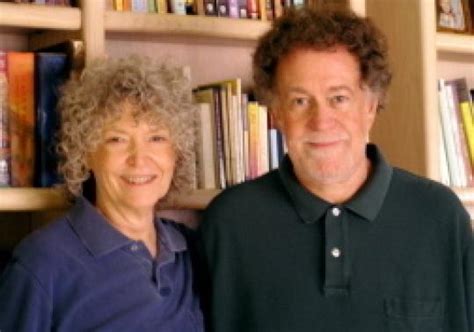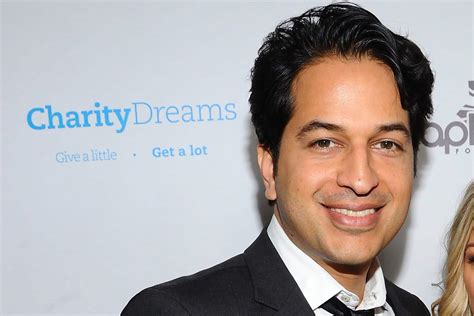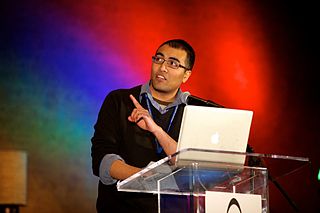A Quote by Patricia Powell
An absolute joy to read - it stimulates and engages. Westney is asking new questions not addressed elsewhere . . . and you will be drawn in by the author's inviting, yet quietly compelling style.
Related Quotes
Most people believe that great leaders are distinguished by their ability to give compelling answers. This profound book shatters that assumption, showing that the more vital skill is asking the right questions…. Berger poses many fascinating questions, including this one: What if companies had mission questions rather than mission statements? This is a book everyone ought to read—without question.
I was working in this very bombastic style. I didn't really know about style. I didn't think about it: I did what I was interested in, what I was attracted to, what I was drawn to. I was drawn to color, and I was drawn to humor, and I was drawn to sexuality and spontaneity. It was all really intuitive. I never really thought, "Well this is the style...
If you don't put the spiritual and religious dimension into our political conversation, you won't be asking the really big and important question. If you don't bring in values and religion, you'll be asking superficial questions. What is life all about? What is our relationship to God? These are the important questions. What is our obligation to one another and community? If we don't ask those questions, the residual questions that we're asking aren't as interesting.
Many books on communication are strong on theory but impractical on application. Marshall Rosenberg's instant classic is the stand-out exception. It is clear and compelling in its logic and flat-out inspiring in its inviting exposition of usable techniques and strategies. If this book is read by enough people, the world will transform.






































